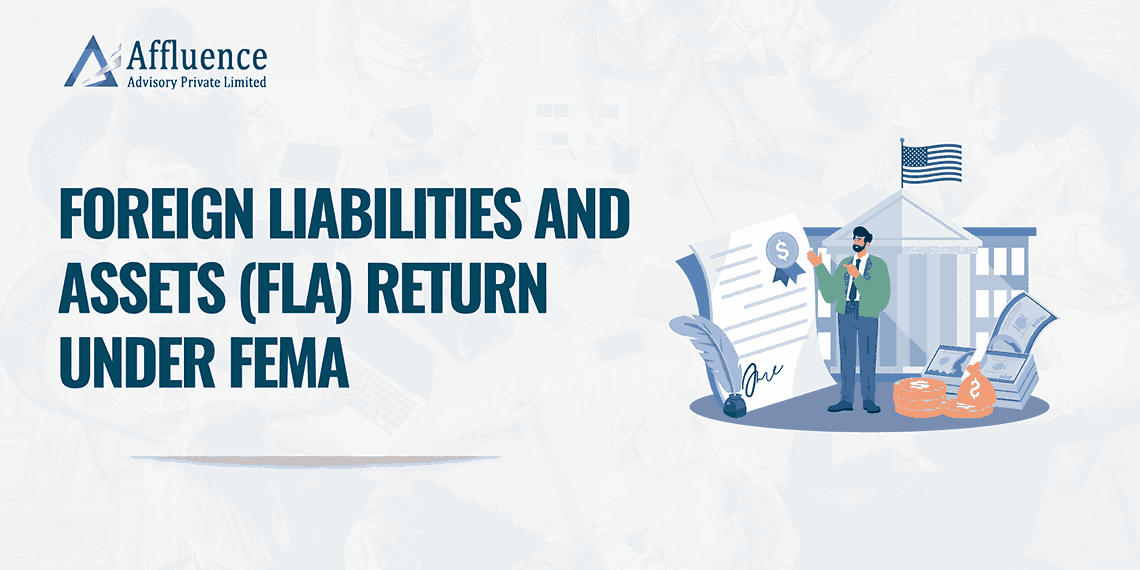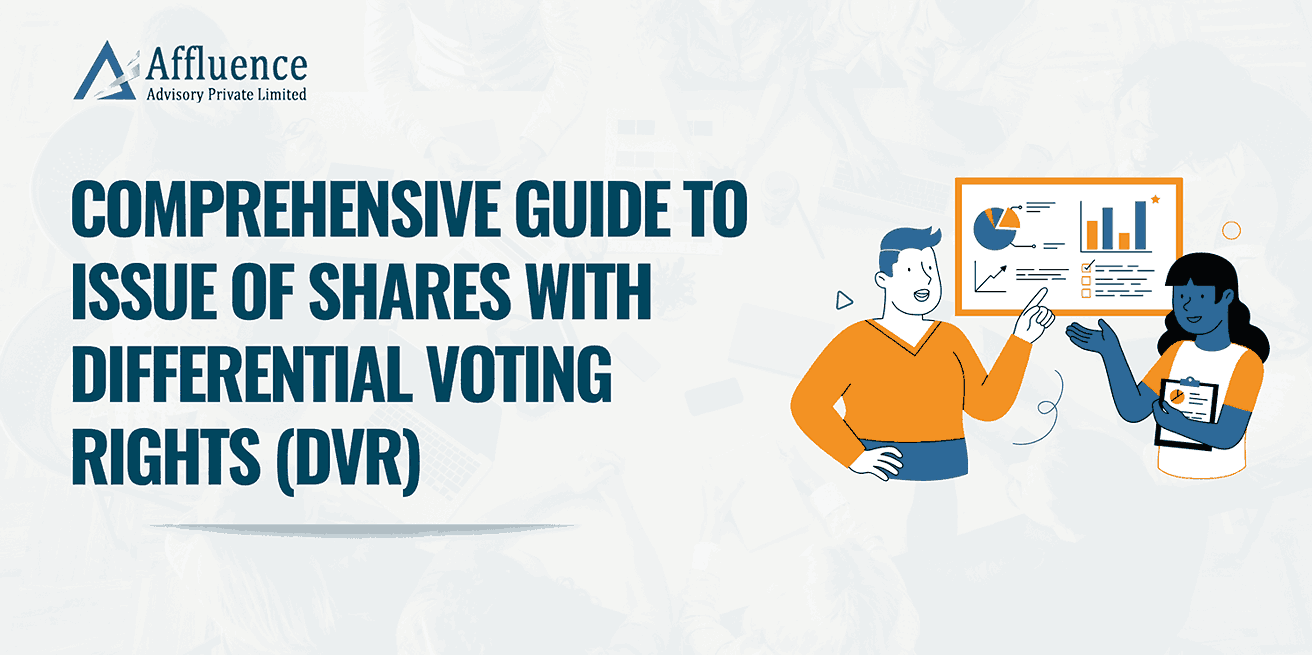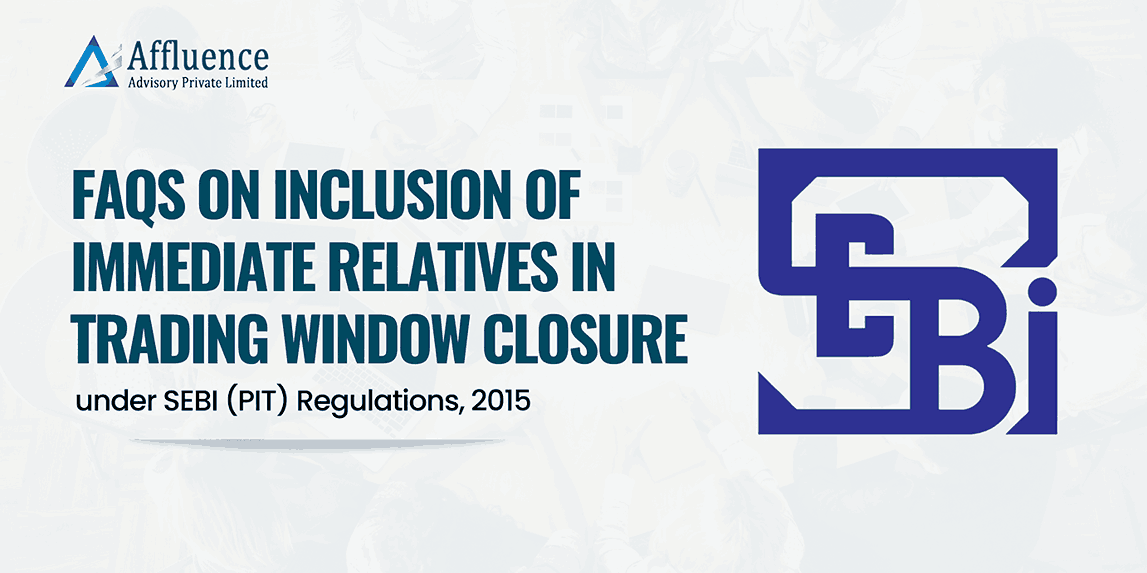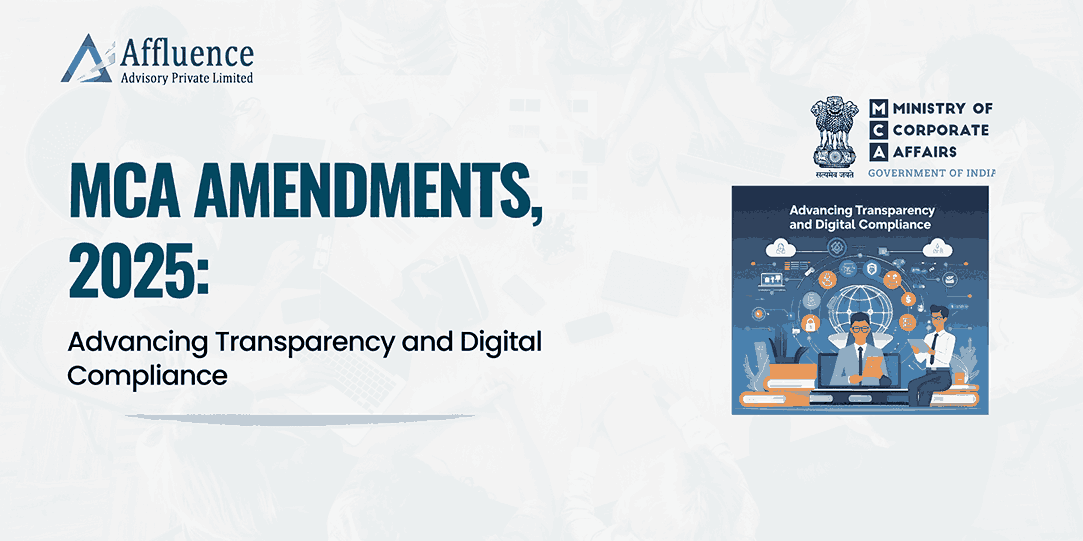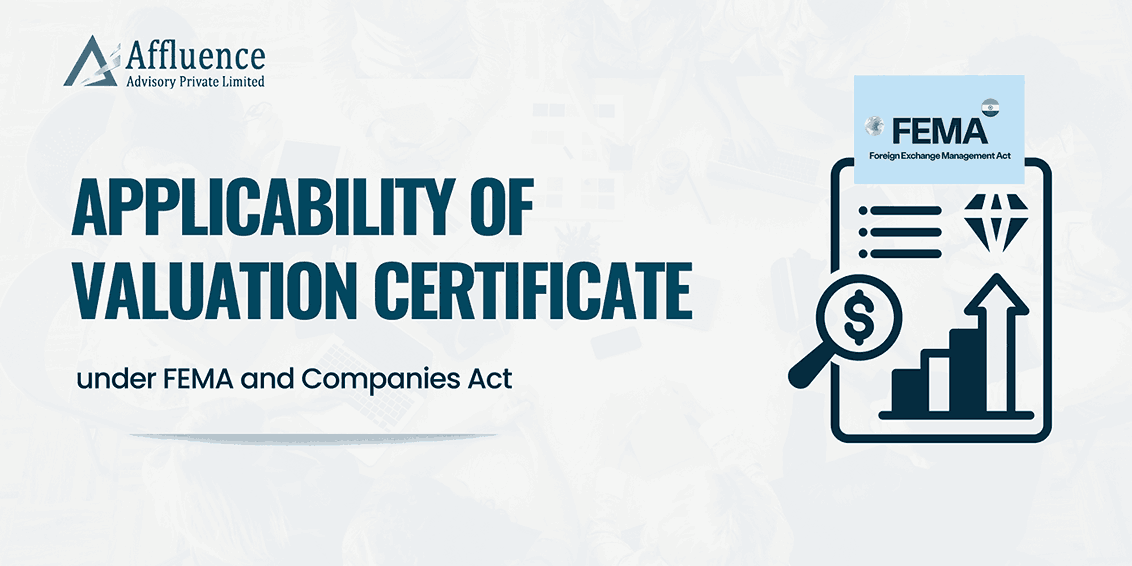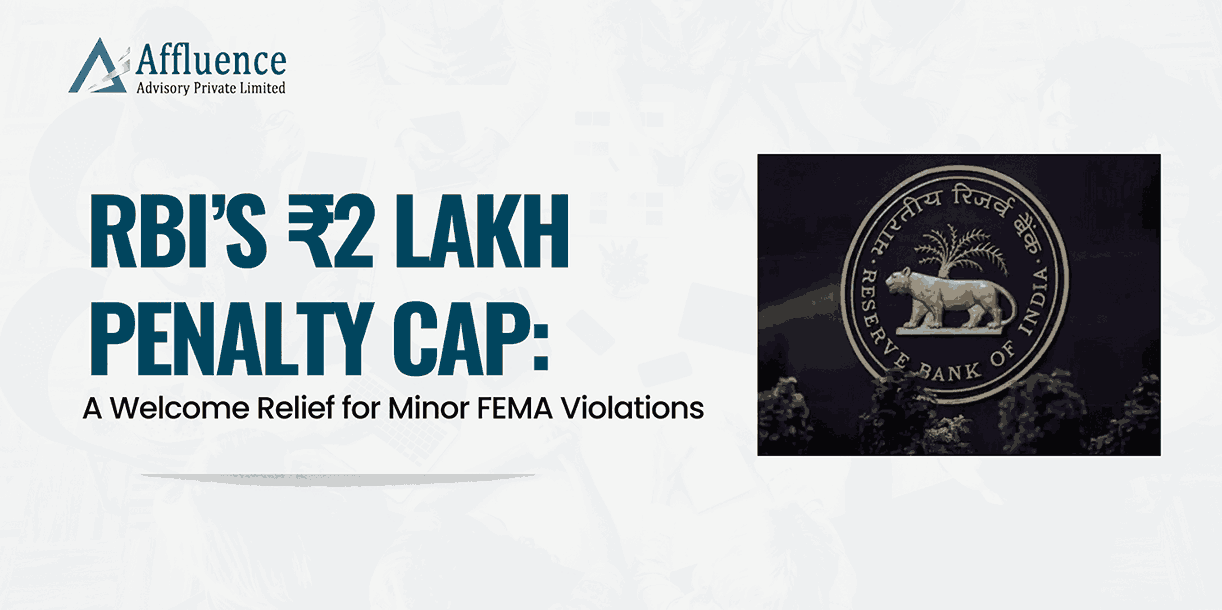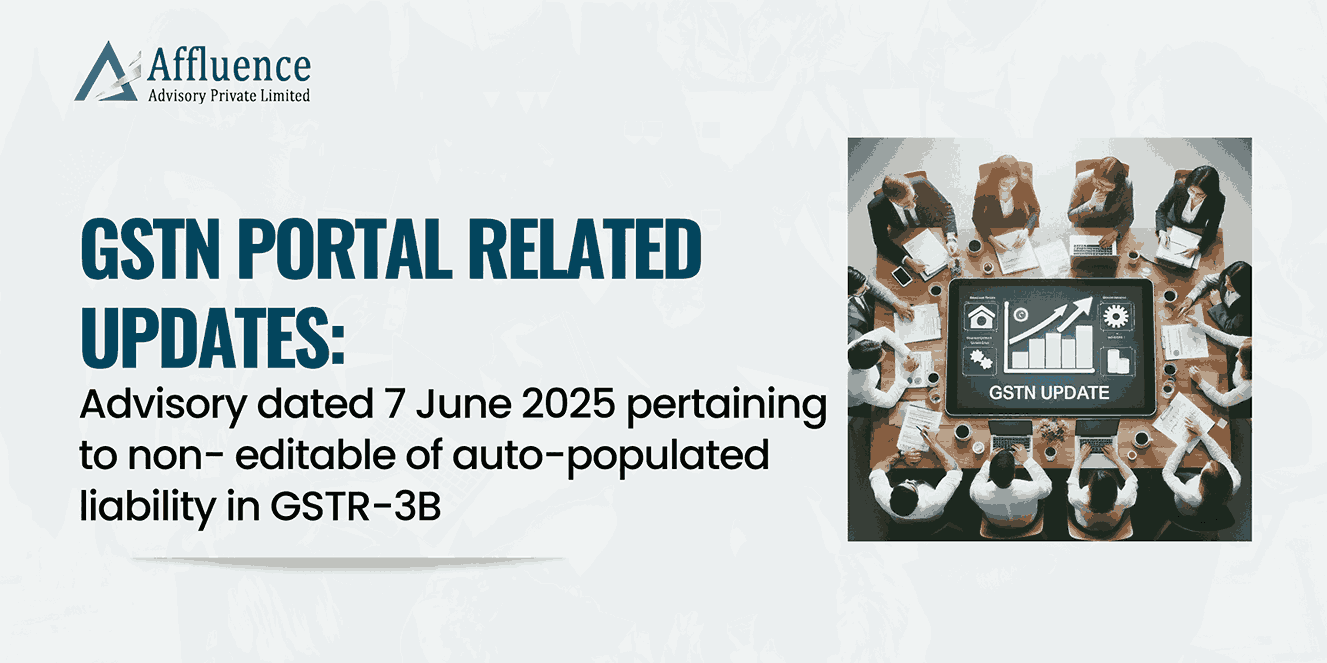In recent years, customer complaints against banks have gone up manifold. These complaints include miss-selling of insurance policies, unfair recovery tactics, hidden charges and failure to convey reduction in loan interest rates etc. The Reserve Bank of India (RBI) has taken a proactive part in order to address these concerns by issuing regular guidelines and directives that Banks are obligated to adhere to. These guidelines aim to promote fair practices within the banking sector.
A prominent issue raised against banks was the levy of multiple charges in case of delayed payments. When customers failed to make payments on time, the Bank would impose penal charges on the customer. Additionally, they would also impose penal interest on these delayed payments. These accumulated charges would continue to grow, attracting additional interest. As a result, borrowers who were already facing financial difficulties would find themselves in a vicious debt cycle.
In a development that aims to redefine lending practices in the Indian Banking Sector, the RBI took a significant step by issuing a set of directives that prohibited Banks from charging penal interest rate on loans. The regulator has also made it clear that Banks are only permitted to impose penalties in case of non-adherence to the agreed upon terms and conditions. Penalty, if charged for non-adherence of material terms and conditions outlined in the loan agreement by the borrower, shall be treated as “penal charges” and shall not be levied in the form of “penal interest” that is added to the rate of interest charged on the advances.
Take for example, a firm that has availed a working capital arrangement at an 11% interest rate from a Bank. As per the standard terms of this loan, the firm must provide a stock statement every month so that its drawing power can be fixed. If the stock statement is not submitted promptly, the Bank had the authority to increase the interest rate from 11% to 12%, with the additional 1% being the penal interest. However, now the RBI wants Banks to transition from levying penal interest to levying penal charges for non-compliance with material terms and conditions.
The RBI has made it clear that the intent of levying penal charges is essentially to inculcate a sense of credit discipline and that such charges are not meant to be used as a revenue enhancement tool over and above the agreed interest. The RBI guidelines mandated Regulated Entities to formulate a board approved policy on penal charges. The quantum of penal charges should be reasonable and commensurate with the non-compliance of material terms and conditions of the loan agreement, without being biased within a specific type of loan or product category.
Further, the penal charges applicable to individual borrowers shall not be higher than the penal charges that are applicable to non-individual borrowers for similar non-compliance to of material terms and conditions. The quantum and reason for the penal charges shall be clearly disclosed to the customers in the loan agreement, in addition to it being displayed on the website of the bank under “interest rates and charges”.
Moreover, wherever reminders for non-compliance of material terms and conditions of the loan are sent to the borrower, the applicable penal charges shall also be communicated. Further, any
Instance of levy of penal charges and the reason thereof shall also be communicated to the customer.
The RBI Guidelines on penal charges will lead to the following:
- Ensure that the customer is protected from falling into a debt trap due to accumulating penal interest and penal charges
- Promote fair lending practices within all the regulated entities
- Make borrowing more accessible and inclusive
- Have a positive influence on the credit score.
In conclusion, the RBI decision to bar banks from charging penal interest on loans is a step in creating a more equitable and borrower centric lending environment. It demonstrates the RBI’s commitment to protecting consumers, promoting responsible lending, and contributing to the overall financial wellbeing of individuals and businesses.
Disclaimer: This article provides general information existing at the time of preparation and we take no responsibility to update it with the subsequent changes in the law. The article is intended as a news update and Affluence Advisory neither assumes nor accepts any responsibility for any loss arising to any person acting or refraining from acting as a result of any material contained in this article. It is recommended that professional advice be taken based on specific facts and circumstances. This article does not substitute the need to refer to the original pronouncement
CLICK HERE TO DOWNLOAD PDF



